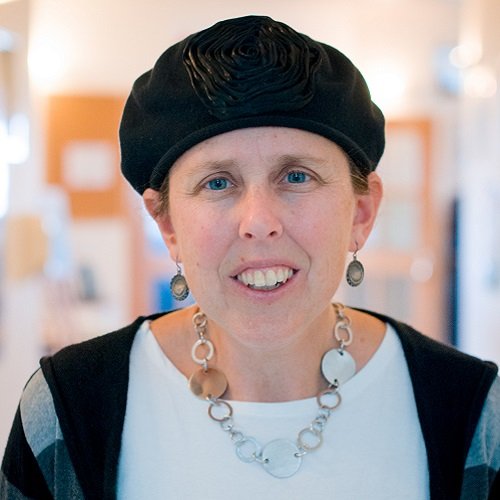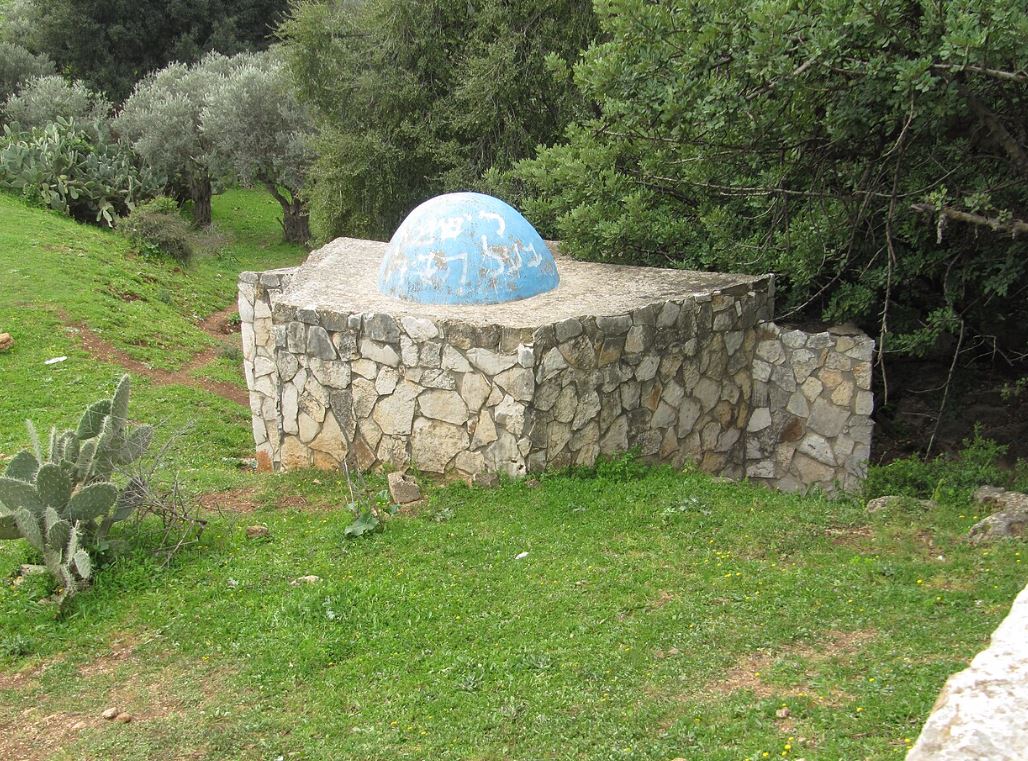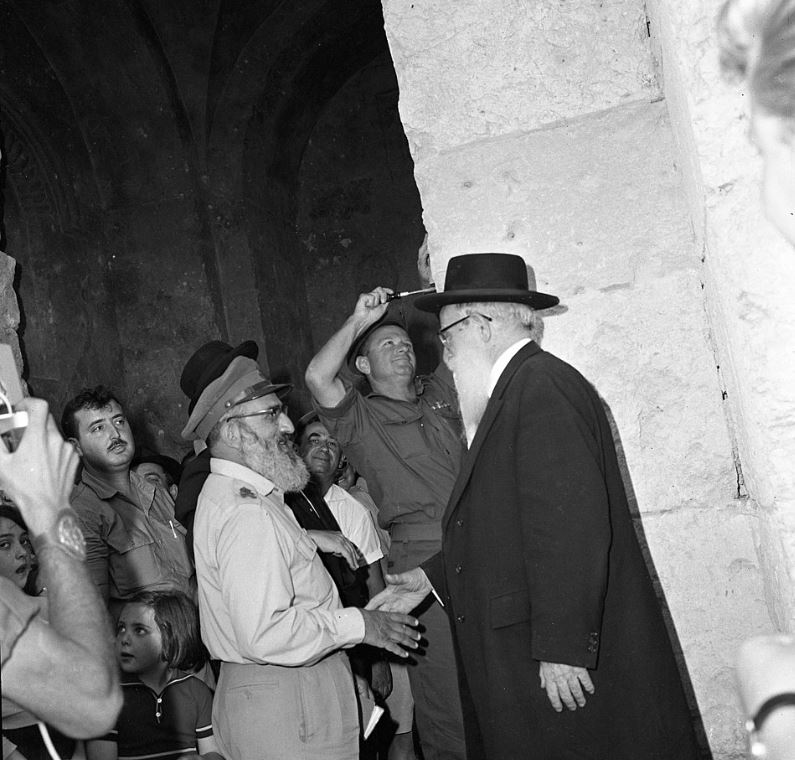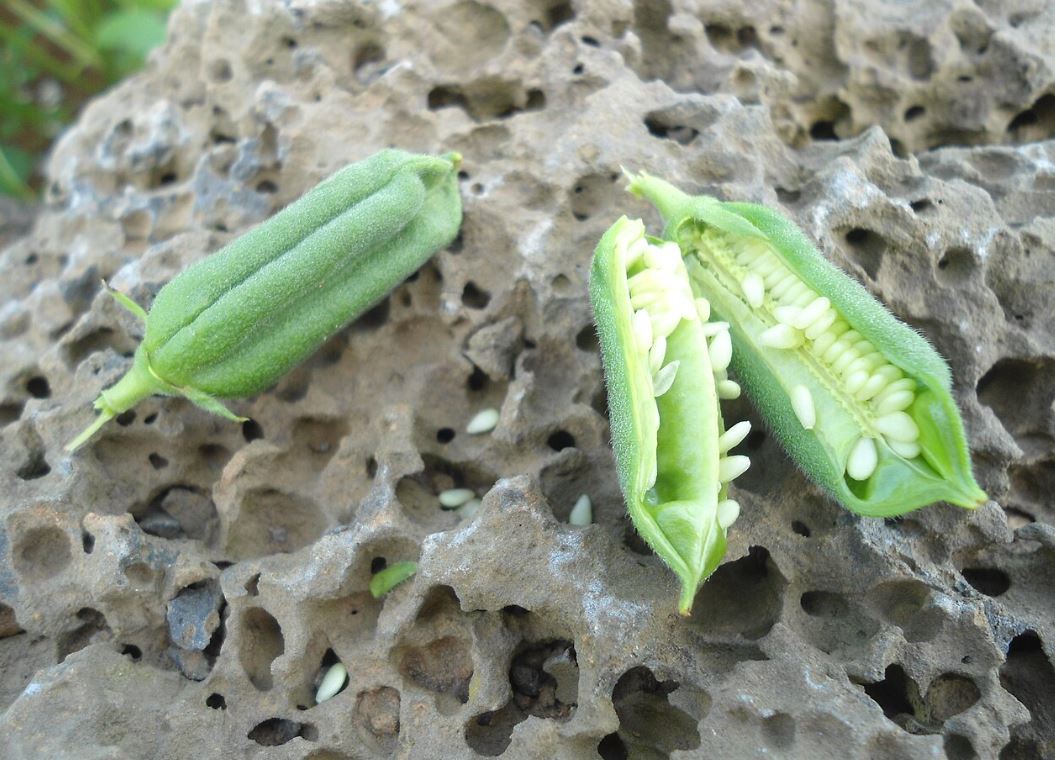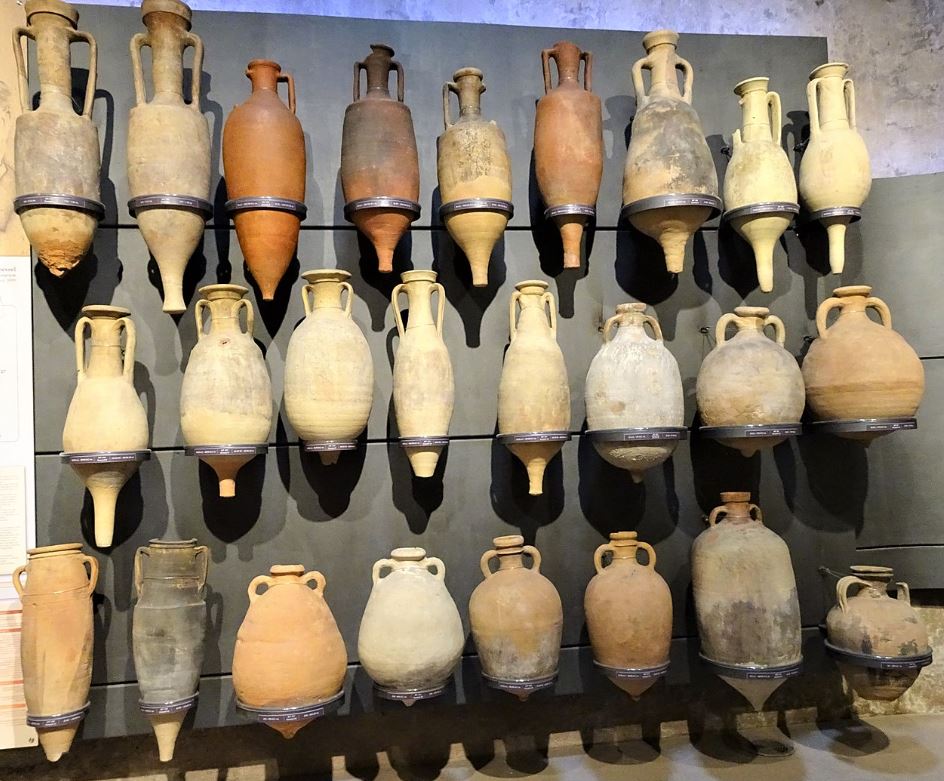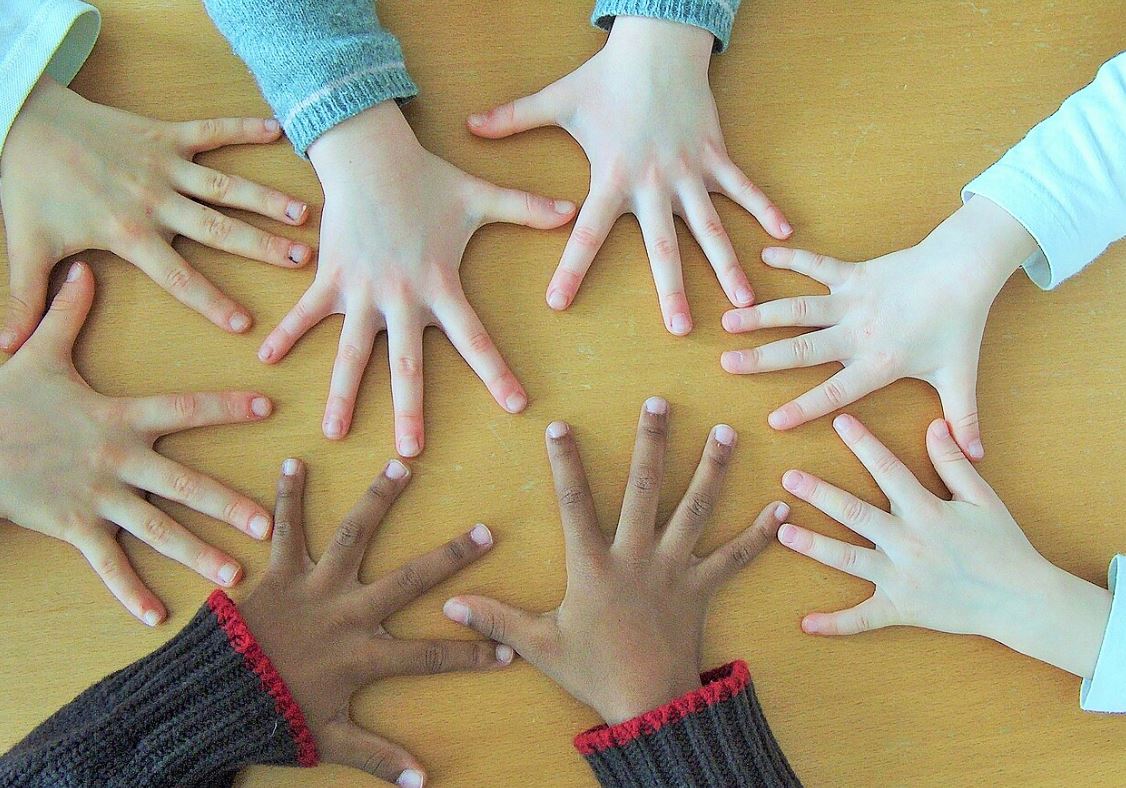A search for Rav Huna in the Gemara would not take long. This second generation Babylonian Amora has literally hundreds of statements throughout Shas. He was a student of Rav and continued in his footsteps as the Rosh Yeshiva of Sura. His students included the luminaries Rabbah and Rav Yosef and he was a contemporary of Rav Nahman, Rav Hisda and Rav Yehuda, other Babylonian rabbis whose words line the pages of the Talmud.
But as omnipresent as Rav Huna is, his wife, Hova, only appears in a handful of stories. This is not surprising, often we have no information at all about the wives of the Sages and they are referred to only as דביתהו, the house of, a polite phrase meaning wife. But Hova appears in two parallel and terrible stories, one of which is in our Gemara, Nazir 57 and the other in Bava Kama 80a. A kinder story, where she appears but is not mentioned by name, is in Shevuot, we will get to that story later.
Rav Huna was of an illustrious family – according to Rav Sherira Gaon he came from the house of the Exilarch in Babylonia. However, he was very poor in his youth and once had to sell his belt in order to buy wine for kiddush (Megillah 27b). For this action he is blessed by Rav and that, combined with hard work, makes him a wealthy man with livestock, fields and a thriving wine business. He became so wealthy that he took on responsibility for the poor in his community and even for the state of buildings in his neighborhood, as this great description tells us:
“on every cloudy day they would take him out in a golden carriage [guharka], and he would survey the entire city. And he would command that every unstable wall be torn down. If its owner was able to build another, Rav Huna would instruct him to rebuild it. And if he was unable to rebuild it, Rav Huna would build it himself with his own money. . . When Rav Huna would eat bread, he would open the doors to his house, saying: Whoever needs, let him come in and eat. ” (Taanit 20b)
Rav Huna took over the running of the yeshiva in Sura after Rav and Shmuel passed away and he ran the school for forty years. His life span was very long for those days. His statements in halacha and aggada are all over the Talmud and there are many dialogues between him, his teachers, students and contemporaries. One of those colleagues is Rav Ada bar Ahava, the other figure in the two parallel Hova stories.
In our Gemara, Rav Ada challenges Rav Huna on what he sees as his hypocrisy. He asks him, if you think it is forbidden for a child to have a “round” haircut (הקפה in Hebrew), how is it that your sons have such a haircut? Rav Huna answers that it is Hova, his wife, who cuts their hair and since she is a woman she is not obligated to follow this prohibition. Rav Ada, despite the fact that he sees no problem in giving a child such a haircut, lashes out at Rav Huna: “Hova should bury her sons!” And so it was:
“During the years that Rav Ada bar Ahava was alive, Rav Huna’s children did not survive.” (Nazir 57b)
A remarkably similar story is told in Bava Kama (80b). Here the cause for the argument is the prohibition to raise small animals in Babylonia, like in the Land of Israel. Again, Rav Huna states that something is forbidden, again Rav Ada challenges him on his own personal behavior, and again Rav Huna places the blame/responsibility on Hova – she is the one raising the goats. Rav Ada curses Hova’s children.
Is this one story in variations? Or a recurring pattern? Did Rav Ada really wish death on Hova’s children? There are commentaries who say that Rav Ada did not curse Hova but rather said this will be the consequence of her actions, she will bring her children to sin and then they will be punished. Because Rav Ada was such a holy man, his words came true even if that is not what he intended.
From other stories about Rav Ada he seems to be very holy and very critical. When Rav Huna’s wine goes bad, Rav Ada tells him it must be because he sinned (Berachot 5b). When he thinks a woman is wearing a shatnez garment he rips it off her in public (Berachot 20a). But he is holy enough that in his merit buildings do not fall down when he is in them. He seems to be a classic zealot, intent on making sure that the law is followed, even at the expense of other people’s needs. Is his name bar Ahava, son of love, ironic?
And what about Rav Huna? The stories are unclear on the issue of responsibility. We could say that Rav Huna is taking advantage of the loophole that a woman can do things that a man cannot, because she is not bound by this particular halacha. Or it might be Hova who does these things on her own initiative, and they are mistaken.In that case, why does Rav Ada not confront her directly? Perhaps Hova’s name is indicative of who she is – she takes the burden, the חובה of doing something wrong when really her husband is the one allowing/instructing her to do it.
The story has more questions than answers. Perhaps some additional information can be gleaned from a different story about Hova, the one in Shevuot. Here she is just called the wife of Rav Huna (Rashi says that she is a widow by this point). She appears in Rav Nahman’s court and he has to figure out how to give her respect, as the wife of a sage, while not seeming to favor her. His solution is odd (see Shevuot 30b) but it lets us know that Hova has remained in the important company of those who are נשי חבר, the wives of those who are exacting in their keeping of the mitzvot.
Unlike other Rabbinic couples: Rabbi Meir and Bruria, Rava and Rav Hisda’s daughter – the Gemara records no dialogue between Hova and Rav Huna. What was their relationship like? Did he leave the running of the household to her, including its halachic details? Or did he instruct her in how to behave? Unfortunately, unless we find Hova’s diary, we will never know.
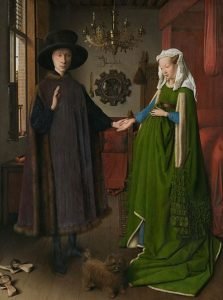
The Arnolfini Portrait, Jan van Eyck 1434
Gennadii Saus i Segura, CC BY-SA 4.0 <https://creativecommons.org/licenses/by-sa/4.0>, via Wikimedia Commons


